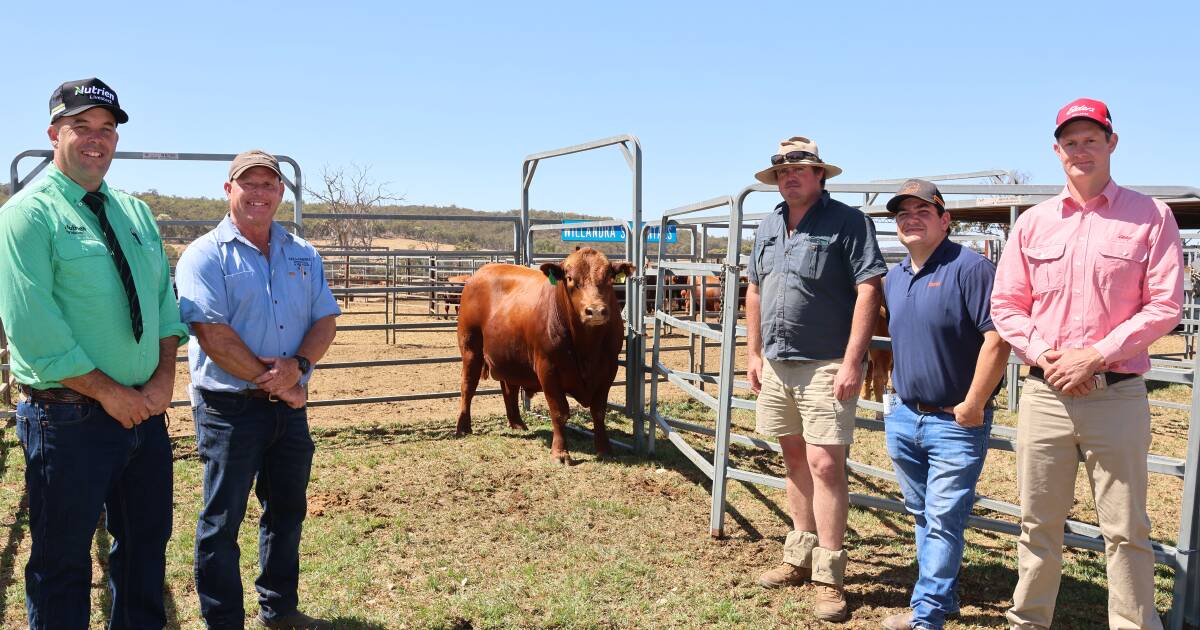
General practitioners in Tasmania are calling on the state government to implement drug testing services in light of emerging synthetic opioids that pose significant health risks. The renewed plea comes as authorities prepare for the peak music festival season, during which such services could help prevent overdoses and save lives.
Pill Testing Australia has submitted a proposal to the Tasmanian Government to establish drug checking services at upcoming events, including a major music festival. This follows the support from the Royal Australian College of GPs (RACGP), which earlier this year endorsed New South Wales’ first drug testing trial and encouraged the Victorian Government to take similar action, including setting up a permanent fixed testing site.
Health Risks Highlighted by Medical Professionals
The Australian Capital Territory (ACT) has long been at the forefront of drug testing initiatives, providing services at music festivals and maintaining a fixed testing site. Dr Toby Gardner, Chair of RACGP Tasmania, emphasized the urgency of the situation. “Pill Testing Australia have been leading Australian drug checking services since 2017. They have a plan for our state, and we know that drug testing services save lives,” he stated. “The only thing lacking is the political will to make this happen.”
Dr Gardner noted that the organization is prepared to launch a drug testing trial with secured insurance and necessary equipment, having already received approval from a major music festival to host the trial. He urged decision-makers to act quickly, stating, “Let’s seize this opportunity, lives depend on it.”
He pointed out that young festival-goers are particularly vulnerable, recalling a personal experience where he treated a patient suffering a severe seizure from consuming drugs with unknown substances. “Many people in the community realize how vital this is,” he added, referencing a recent poll by the Alcohol, Tobacco and other Drugs Council Tasmania, which indicated that nearly two-thirds of Tasmanians support drug testing services.
Evidence of Effectiveness in Other Regions
Dr Marguerite Tracy, the RACGP’s alcohol and other drug spokesperson, echoed these sentiments, highlighting the practical benefits of drug testing. She noted that in Victoria, 11% of the 1,400 samples tested at drug testing sites were not what users expected. “They just don’t know what they’re taking,” Dr Tracy said, emphasizing the dangers posed by new synthetic opioids like nitazenes, which are significantly more potent than both fentanyl and heroin.
“Every year that goes by sees many new and dangerous drugs arrive on our shores and take lives,” she added. Dr Tracy clarified that drug testing services are not intended to condone illicit drug use, but rather serve as a pragmatic harm minimization strategy proven effective in various countries.
Dr Tim Jones, Deputy Chair of RACGP Tasmania, further articulated the potential for drug testing sites to foster constructive dialogues about substance use. “These sites offer a unique opportunity for people to have a calm and non-judgmental conversation with trained health professionals about their substance use,” he explained. He cited data from Victoria, where 65% of users at drug testing sites reported it was their first interaction with a health professional about drug and alcohol safety, and 30% indicated they would modify their substance use behaviors as a result.
“Without a drug testing trial, needless deaths will continue to occur,” Dr Jones warned. He argued that every life matters and that an aggressive “War on Drugs” approach is ineffective. “Alcohol and other drug use impacts almost every family and friendship circle. I ask all politicians to consider – how can you declare a war on your own friends and family?”
The push for drug testing services in Tasmania reflects a growing recognition of the need for proactive measures to address the risks associated with illicit drug use, particularly in environments where young people gather. With the festival season approaching, the call for action becomes increasingly urgent, as medical professionals advocate for policies that prioritize health and safety.






